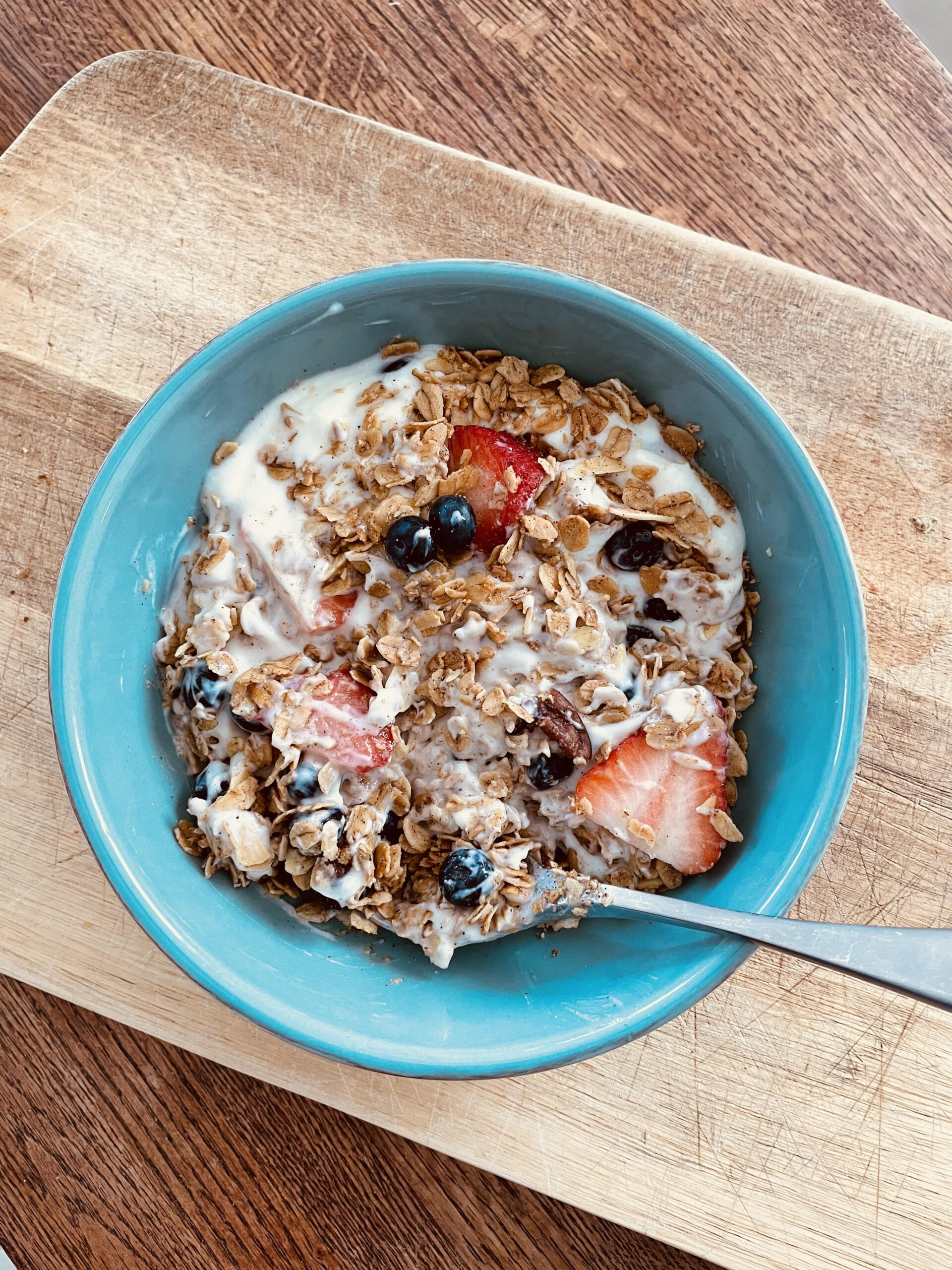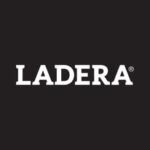Do you pay attention to what you are eating every day? Our team at Ladera is constantly looking to make sure that we are operating at our full protentional. What you put into your body equals the energy you are able to put out. Maintaining weight is not as easy as it once was. We need to be aware of calories in verse calories out.
We are bombarded with magazine headlines and web feeds about low sugar, keto, raw diets and more. How flax, green tea and fasting can all allow us to live longer, fuller, richer and slimmer. How we can drop weight in days, or bulk up in a month. It can be hard to decode what to put our energy in and where to begin.

WHAT IS CONSIDERED “HEALTHY FOOD”
At Ladera, one of our core beliefs centers around the need for proper exercise, sleep and relationships as being of equal importance to what you consume. If you want to reach the unlimited potential of your best self, you need to think full circle.
We know that your food choices are of utmost importance, and with this, there are some key components to a diet that will allow you to unleash your optimal health. One of our team members, Heather, is a huge fan of Dr. Andrew Weil, M.D. Take a look. At the core of Weil’s optimal eating plan is a focus on whole, minimally processed foods.
This includes:
- Vegetables
- Fruits
- Whole grains
- Legumes
- Whole soy foods
- Mushrooms
- Seafood
- Healthful fats
- Herbs and spices
- Tea
- Red wine (moderate)
- Dark chocolate (sparingly)
A diet plan with which most dieticians wholeheartedly agree.

MAKE HIGH-QUALITY FOOD A NON-NEGOTIABLE
When thinking about weight loss and the definition of eating healthy, many people think a calorie in is a calorie out and several even use apps to monitor calorie intake in order to not exceed the number of calories each day. However, rather than focusing on calorie count, there are several reports that say it is better to focus on what you are eating. The quality of your food is more important than the caloric value.
WHAT FOODS ARE HEALTHY AND HIGH-QUALITY?
So, what are high-quality, healthy foods, and what foods are considered low-quality foods that you should be minimizing? High-quality foods include unrefined, minimally processed foods such as vegetables and fruits, whole grains, healthy fats and healthy sources of protein.
Avoid lower quality foods such as highly processed snacks, sugar-sweetened beverages, refined (white) grains, refined sugar, fried foods, foods high in saturated and trans fats.

ARE CARBS THE ENEMY?
There are some diets that suggest minimizing intake of carbohydrates for maximum athletic potential or eliminating them completely out for rapid weight loss. Everyone should make their own choices for diet, but for many at the team here, our personal choices focus on the proper fuel to maximize our performance, and we know that our personal health also depends on what we put into our system.
MACRO DISTRIBUTION
For most of us, our daily intake comes from a variety of sources that are heavily concentrated in complex carbohydrates and filled in with protein and fat. For adequate energy, we aim for an athletic diet that is around 60 percent complex carbs, 20 percent protein and 20 percent healthier fats.
As much as carbohydrates get a bad rap, everything we have read indicates that the body thrives on good carbohydrates. Many people think that eating bread and pasta, aka Carbs will make them gain weight, when in fact, it is better to look at the big picture that points to weight gain resulting from eating too many calories and not exercising enough.
CARBOHYDRATES AND ENERGY LEVELS
Have you ever had a time you went to go on a bike ride or run and felt lethargic and weak with no energy? Chances are you were low in carbohydrates which resulted in low blood sugar. Your muscles require carbohydrates for energy, if your tank is low, your performance and energy levels will suffer.
So, the idea is not to sit down and eat the whole loaf of really great Italian bread, rather fuel up with healthy carbohydrates such as quinoa, sweet potatoes, whole-wheat spaghetti, fruits and vegetables. Ladera Granola is a great healthy carbohydrate option, try our Almond Pecan or Vanilla Quinoa varieties.

WHAT ABOUT FATS?
Should you avoid them, or love them? Dietary fats are essential to give your body energy and to support cell growth. They also help protect your organs and help keep your body warm. Fats help your body absorb some nutrients and produce important hormones, too. Your body definitely needs fat.
Fat is high in calories, containing more than twice as many calories as carbohydrates and protein. It is important to reach for “healthy” fats, such as monounsaturated, or unsaturated fats found in nuts, seeds, and olive oil. Avoid the “artery cloggers” such as whole milk and cheeses. A great dessert option features fresh fruit, chocolate chunks, Ladera Cocoa Almond Granola, chocolate syrup and a few healthy cookies on top. Yum!

THE KEY FOR THE LADERA TEAM
As athletes, professionals, and parents, we know how our bodies feel after a few days of letting the diet go. Some of us feel lethargic, others unmotivated, heavy and puffy. Once you focus on your diet, in just a few days, there is a noticeable difference. The key to a healthy diet is keeping the kitchen stocked with healthy food.
Each of us has our daily go-to for breakfast of Ladera granola, fruit and yogurt. For lunch and dinner, we like to mix it up and focus on fruits, veggies and grain-based products to provide our bodies with sustained energy. We all focus on lots of water. Because of this, we can reward ourselves once in a while with a local craft brew or glass of wine.
Get creative by incorporating our granola into every meal to provide you with the fuel you need to power through another amazing day. No matter what the challenges.
At Ladera, we challenge you to climb higher.













